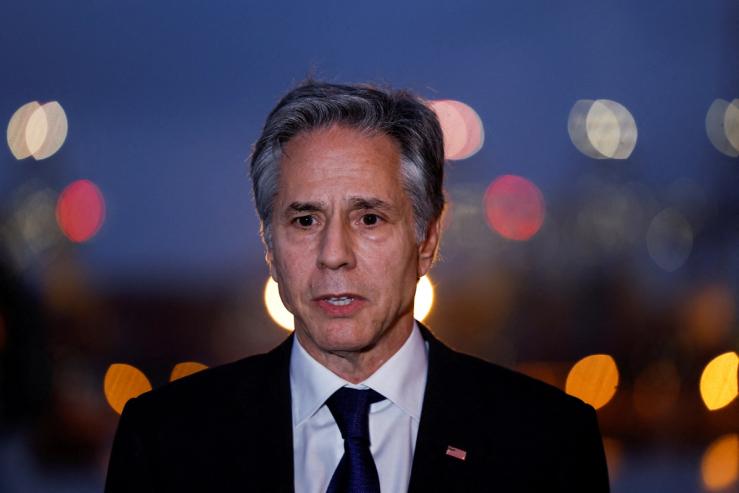The News
The Biden administration is reportedly pushing allies in the Middle East, including Qatar, Egypt, and Turkey, to press Hamas into accepting a ceasefire deal with Israel, CNN reported. The US has urged several countries to freeze Hamas bank accounts or limit its members’ ability to travel freely.
US officials have also called on Qatar to issue an ultimatum saying that if Hamas does not agree to a deal, the group will be forced to leave the Gulf state. After several earlier warnings, Qatar has issued the ultimatum, an official told CNN.
SIGNALS
Ceasefire talks continue with no sign of a breakthrough
While Hamas has not offered a final response to the proposal discussed with top Qatari and Egyptian mediators Wednesday, officials told Axios that the militant group’s response has been positive. The three-phase deal that includes a temporary ceasefire and hostage releases, could see Israel eventually pulling its troops out of Gaza, but experts told The New York Times that even if the initial deal is agreed upon, a full Israeli withdrawal remains unlikely. “The overlap between the interests of the combatants is not yet at a place where we can see a deal,” the Eurasia Group’s Ian Bremmer said.
Israel divided on ceasefire deal
Although the US has pitched the deal as an Israeli proposal, there is no solid consensus within Israel about establishing a ceasefire without first having destroyed Hamas. “We don’t want the soldiers who fought in Gaza to have died in vain,” an Israeli reservist told The Wall Street Journal. Two far-right Israeli ministers have threatened to quit and dissolve Prime Minister Benjamin Netanyahu’s coalition if he agrees to a ceasefire, although an Israeli opposition party has promised to back the government if Netanyahu supports the deal. Huge protests broke out last Sunday in Israel, where more than 100,000 people demanded Netanyahu to accept the deal and get the Israeli hostages back from Gaza.
Tensions rise on Israel-Lebanon border
On Israel’s northern border, tensions are escalating with the Iran-backed Lebanese group Hezbollah. This week, Israeli Prime Minister Benjamin Netanyahu said Israel is ready for “very intense action” in the north, while a senior army official said that “we are approaching a decision point.” Hezbollah attacks have increased recently, “a marked departure from prior flare-ups that have occurred since October 8,” Amal Saad, an expert on the group, wrote on X. The tit-for-tat threats and attacks could “very well push both parties into the abyss,” a Haaretz columnist wrote, arguing that a war with Hezbollah could be far more damaging for Israel than the war against Hamas.



